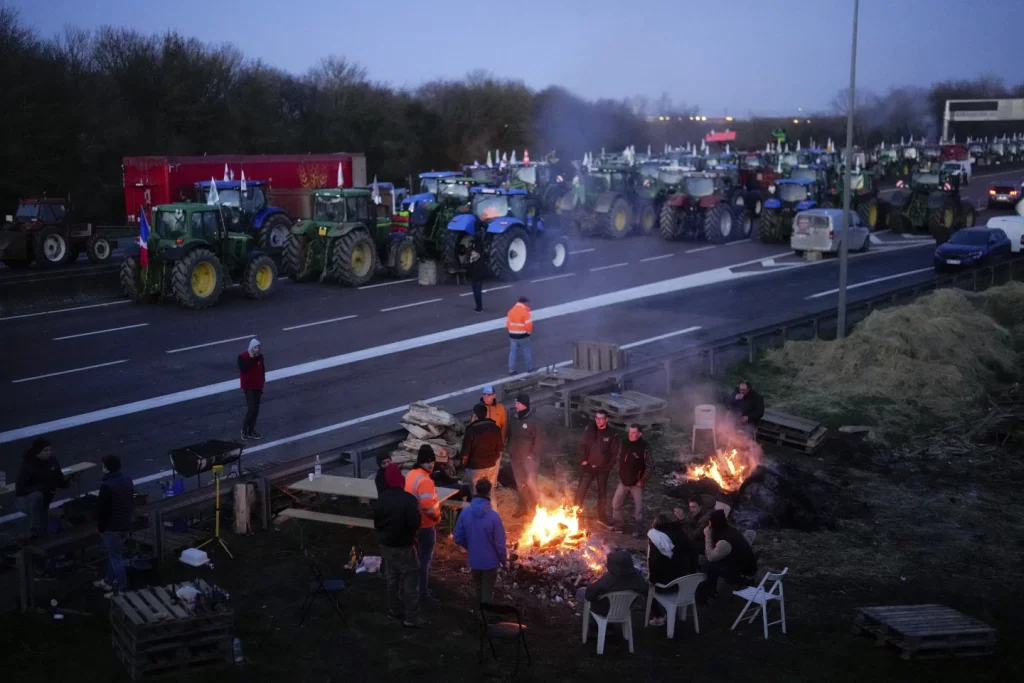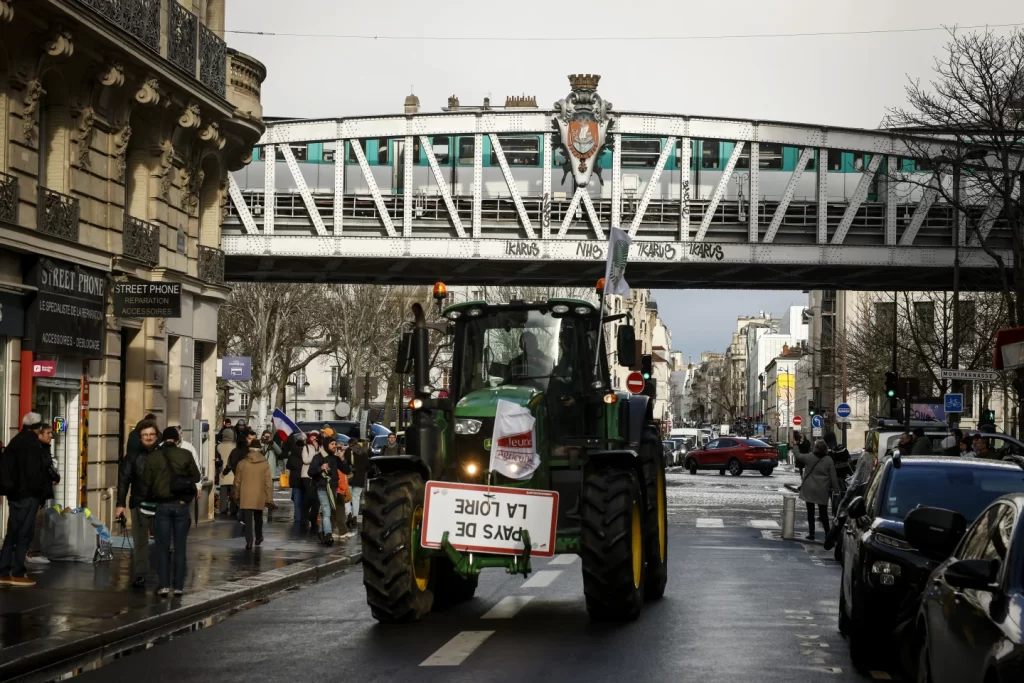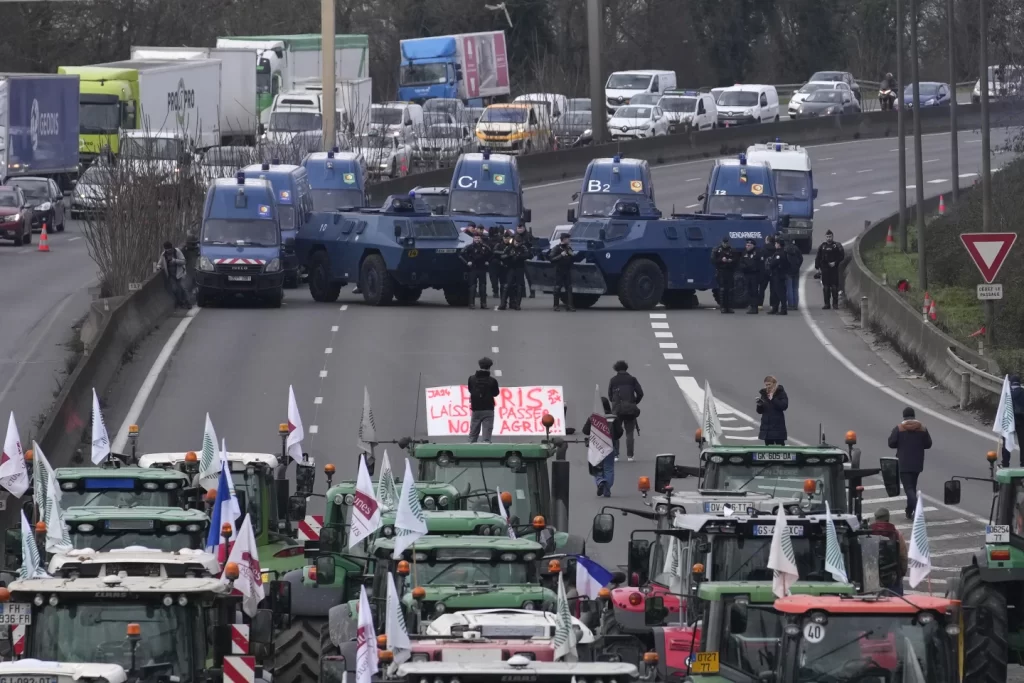French farmers initiated protests Tuesday against a proposed European Union-Mercosur trade agreement that would increase South American agricultural imports, sparking what organizers say will become widespread demonstrations across Europe’s farming community.

The protests in Aurillac, southern France, come amid concerns the deal could be finalized at the upcoming G20 summit in Brazil, despite French Agriculture Minister Annie Genevard calling such an outcome “highly unlikely.” More than 600 French lawmakers reinforced opposition through an open letter in Le Monde, urging European Commission President Ursula von der Leyen to reject the agreement.
“The anger hasn’t gone away. It’s still there, and, in fact, our worries have grown,” said Véronique Le Floc’h, president of Coordination Rurale, France’s second-largest farmers’ union. “If the Mercosur agreement is signed, it will spell the end of our agriculture.”

France’s three major farming unions have announced coordinated actions. The FNSEA, the country’s largest agricultural union, plans nationwide protests after mid-November’s winter sowing season. Coordination Rurale promises “an agricultural revolt” starting November 19 in southwestern France, while the anti-globalization Confédération Paysanne prepares its own demonstrations.
European farmers argue they face stringent EU environmental regulations while competing against South American imports produced under lower environmental and labor standards. Belgian farmers have scheduled protests near EU headquarters in Brussels Wednesday, expanding the movement internationally.

“We don’t want this agreement because it’s harmful. It will bring in products, including substances banned in Europe, at the cost of deforestation. It will unfairly compete with our domestic production,” Genevard told TF1.
The EU and Mercosur bloc — comprising Brazil, Argentina, Paraguay, Uruguay, and Bolivia — reached an initial agreement in 2019, but implementation stalled amid opposition from farmers and some European governments. French President Emmanuel Macron has called the deal “terrible” and “outdated,” opposing any agreement until South American producers meet European environmental and health standards.
apnews.com



